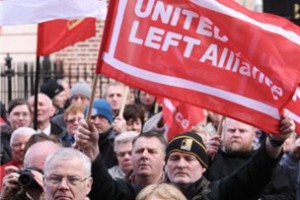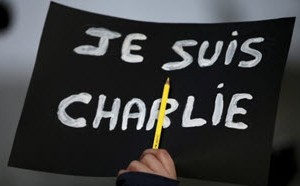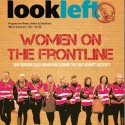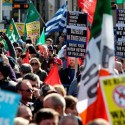This article by Michael Burke and John Ross was originally posted on Socialist Economic Bulletin on Monday the 26th of January.
The Greek people have inspired every progressive force in Europe, and beyond, by electing the first anti-austerity government in Europe. Syriza has similarly inspired every progressive person with the great political skill with which it outmanoeuvred the forces in Greece and Europe who attempted to scare the Greek people into not voting for it. As Alexis Tsipras said immediately after its victory Syriza has opened up hope for the Greek people – and many others as well.
The key question now is how to turn hope into reality.
Syriza has outlined clearly its orientation – which should be supported by every progressive force. Syriza has said it is not seeking to exit from the Euro. It wants Greece’s unpayable and unjust debt renegotiated. The immediate priority of the left throughout Europe must be to organise support for this demand of Syriza during the coming negotiations. It is to be welcomed that not only the political left but also far wider groups arguing for a rational economic policy support this course – including eminent figures in their profession such as Nobel Prize winners in economics Joseph Stiglitz and Chris Pissarides. All efforts must be redoubled across Europe to gain support for the renegotiation of Greece’s debt – a course which corresponds not only to the interests of the Greek people but to the interests of rational economic policy across Europe, and therefore to the interests of the people of Europe.
Whether or not these negotiations succeed, however, the new Greek government is faced with key choices in economic policy. This is even more the case as, if the economic policies of the new government do not succeed, sinister forces that failed to win this election will seek to turn Greece backwards.
The first and immediate priority, of course, is to reduce and eliminate the appalling humanitarian suffering imposed on the Greek people by the austerity policies. Creating jobs, raising wages, restoring pensions, recreating the best possible social security are the top priorities. As always politics must take precedence over economics.
But to sustain the improvement in the living standards of the Greek people it is necessary to relaunch economic growth. And the key to economic growth is necessarily investment. Without rising investment an economy cannot grow.
Under the conditions of Greece it is even more unrealistic than normal to rely on the private sector for investment. It is the collapse in private investment which has driven economic collapse in Greece and economic recession across Europe. Since 2007 Greece’s GDP has fallen by €57bn of which the bulk is the fall in investment at €36bn. The only way to secure economic growth is therefore to embark on a programme of state investment. Those countries which have used state investment as their key instrument to promote growth have enjoyed outstanding success – for example Ecuador, Bolivia and China.
In a country such as Ecuador, which has enjoyed 5% GDP annual average growth over 10 years, real incomes per capita have risen by over 2% a year, and 10% of the population has been lifted out of poverty. This has been driven by state investment which has now reached 15% of GDP.
Economic growth, led by state investment, will in turn create the conditions under which the private sector will begin to invest again.




















